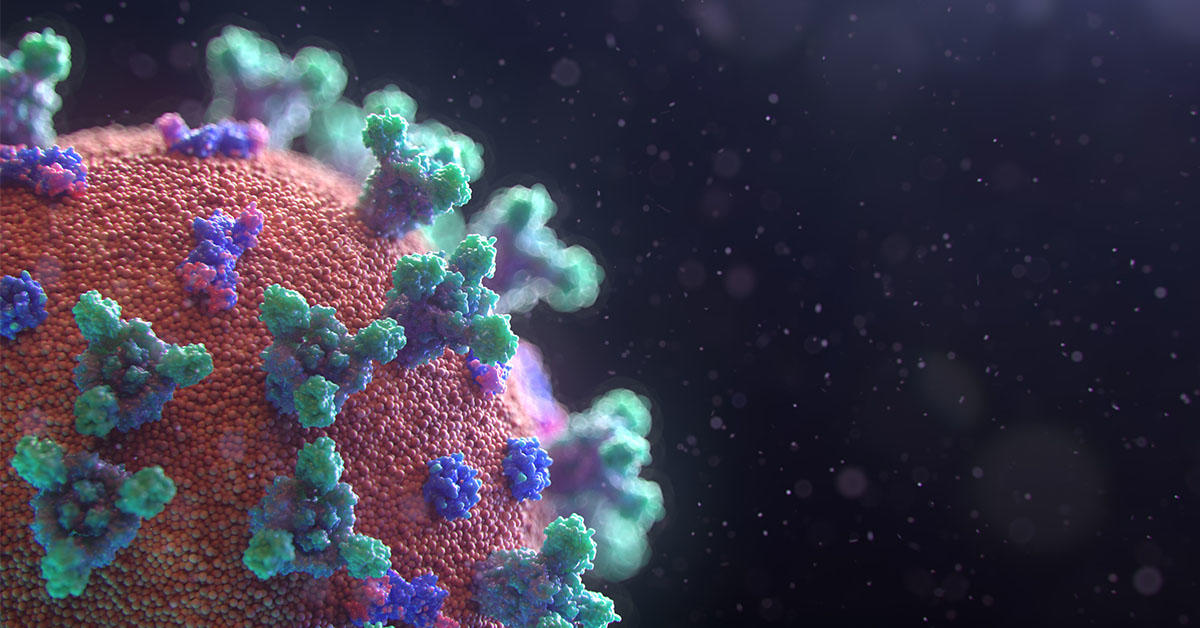“Flooding, earthquakes, wildfires, heat waves, SARS, H1N1, and now COVID-19—the world is not short of adversity,” says uOttawa Professor of Psychology Louise Lemyre.
In the face of our most recent adversity, the Chief Science Advisor of Canada (CSA), Mona Nemer, has assembled a panel of multidisciplinary science experts to advise her on the latest scientific developments relevant to COVID-19. This information will assist the CSA in providing current advice to the Prime Minister and the Government of Canada.
The expert group is composed of distinguished Canadian scientists who will be meeting on a regular basis. Among them are two University of Ottawa professors who will council the CSA on matters of risk and behavioural sciences.
Dr. Daniel Krewski is the director of the R. Samuel McLaughlin Centre for Population Health Risk Assessment at the University of Ottawa, whose expertise includes environmental and occupational epidemiology, biostatistics and population health risk assessment.
Dr. Louise Lemyre is a professor of social and community psychology in uOttawa’s Faculty of Social Sciences. She specializes in social, environmental and organizational stress, risk perception, prevention and resilience, population health and community engagement.
“I am trying to better document and understand how people react and behave in the face of a major crisis, and how to use this knowledge to improve efficacy of response and well-being,” says Lemyre.
The input from the panel will have a major impact on how Canada develops its public policies, as well as its programs and interventions in various domains of public health and safety.
“I will be advising the CSA on the behavioural sciences and psychosocial aspects of the pandemic response—that is, what we know from past and ongoing research about how we perceive risks, process information, react, balance priorities and choices, make decisions, adapt behaviours, comply to recommendations and develop creative solutions, across time and across diverse contexts. It will complement the epidemiology and infectiology sciences, as any countermeasures always involve behaviours!”
